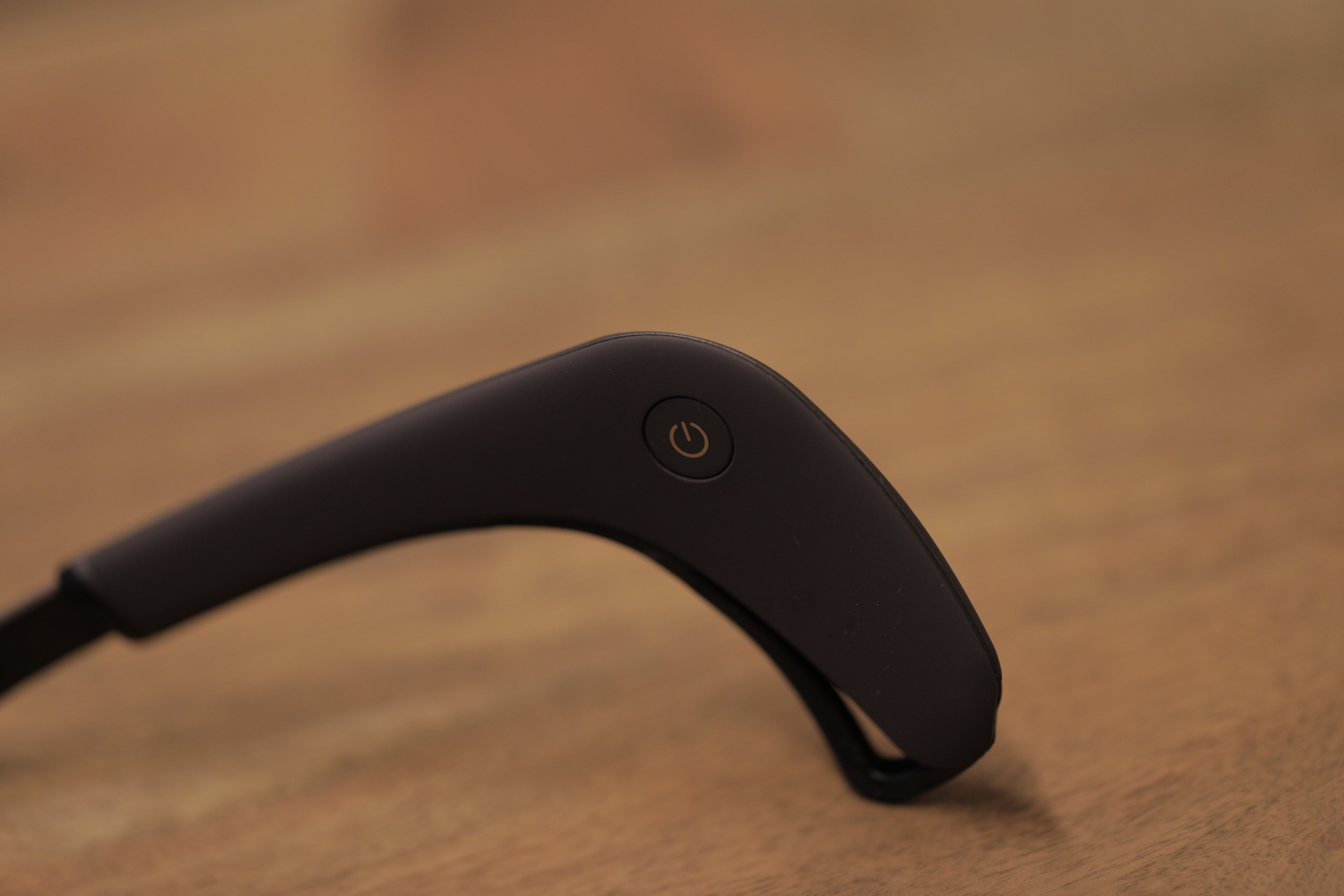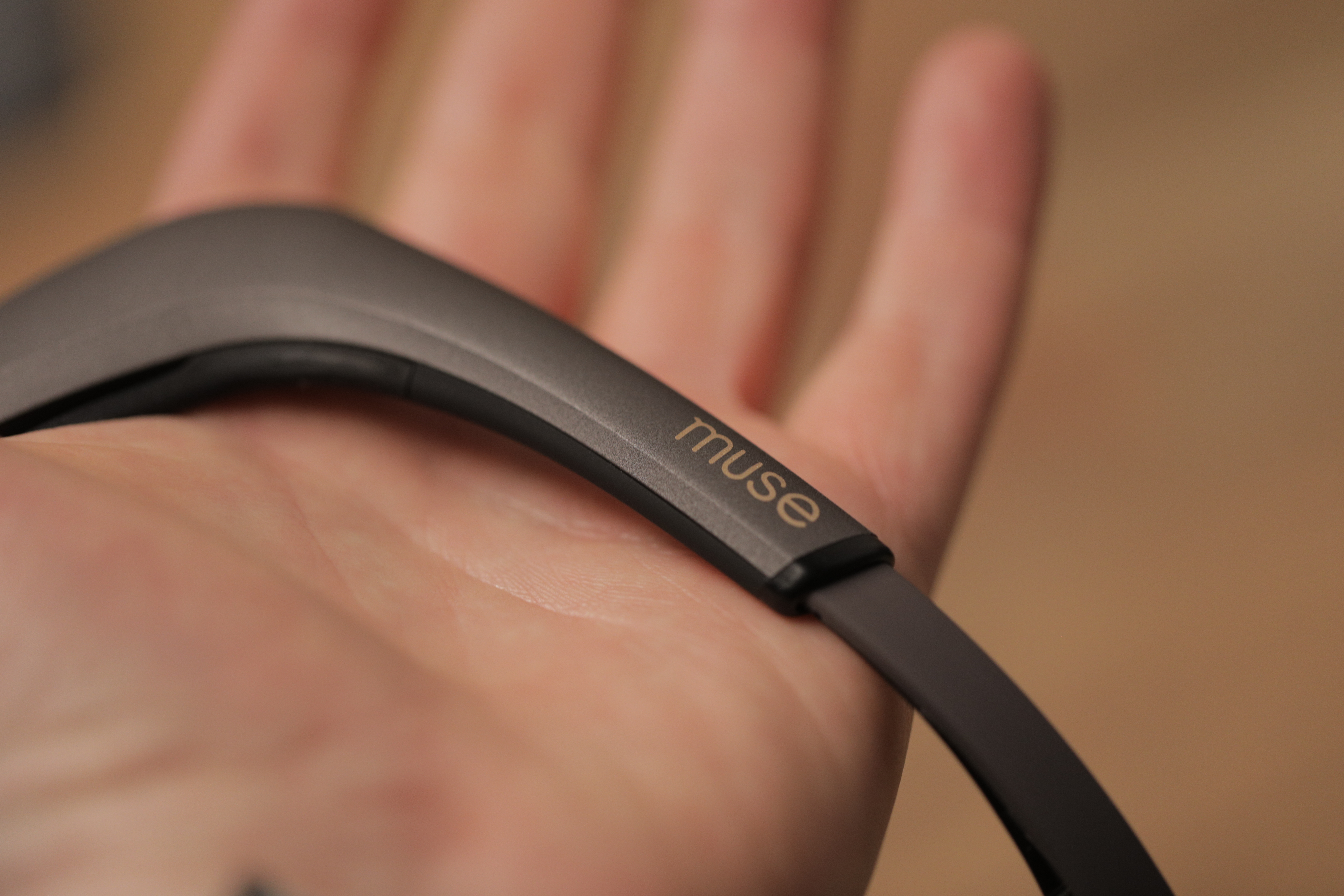Music
Trailers
DailyVideos
India
Pakistan
Afghanistan
Bangladesh
Srilanka
Nepal
Thailand
StockMarket
Business
Technology
Startup
Trending Videos
Coupons
Football
Search
Download App in Playstore
Download App
Best Collections
Technology
Pilot fish figures it's safe to store these four pumpkins under the mainframe room's raised floor for a month before Halloween.
Come late October, he retrieves them -- but only three are left. The fourth is a reeking orange puddle.
"To my surprise, one of my operators cheerfully said, 'I'll clean that up,'" says fish.
"His previous job was at McDonald's, and this little cow pie was nothing compared to things at that job.
"He was the only operator in our shop to ever get perfect scores on his midyear evaluation."
Sharky's celebrating Halloween with blasts from the past, but I still need your true tales of IT life -- scary or not. Send me your stories at This email address is being protected from spambots. You need JavaScript enabled to view it.. You can also comment on today's tale at Sharky's Google+ community, and read thousands of great old tales like this one from the Sharkives.
To read this article in full, please click here
- Details
- Category: Technology
Read more: Little IT Shop of Horrors II: Another fine mess
Write comment (98 Comments)Concord is raising a new $25 million funding round led by Tenaya Capital, with existing investors CRV and Alven also participating. The company is building a platform that makes it easier to manage your contracts all the way from writing them to signing them.
Even if you used a service like DocuSign to sign a contract in the past, chances are you or the sender used Microsoft Word to write the contract. Itfine if you&re the only one working on this contract. But it can quickly become a mess as your legal team gets larger.
&It's ultimately bringing a B2C experience to a really complex B2B experience,& VP of Marketing Travis Bickham told me.
And one of the companymain challenge has been to make it convenient for all teams in your organization. If you work in human resources, you&re dealing with HR contracts. If you&re an office manager, you may need to sign a contract to order a new fridge. If you&re on the sales team, you want to make sure your client signs a contract. The procurement team also wants some sort of legal proof from its partners. And the list goes on.
Concord lets you create templates and workflows. For instance, the most basic contracts don&t require the same attention to details. A non-disclosure agreement is pretty standard. You just have to replace some fields and make the person sign it.
You can create an approval process for more complicated contracts. For instance, you can say that the legal team has to approve any sales contract above $100,000.
Concord has also built integrations with third-party tools. For instance, you can generate a contract in Salesforce using Concordintegration.
There are currently 80 people working for Concord in San Francisco and Paris. With todayfunding round, the company plans to hire more people, get more clients, target bigger companies, etc. Concord currently works with 200,000 companies.
- Details
- Category: Technology
Read more: Concord raises $25 million for its agreement management platform
Write comment (93 Comments)The march to add more artificial intelligence-powered tools into the enterprise stack continues apace, and today another startup has raised a growth round to position itself as one of the leaders in is particular niche. AppZen, which has developed an AI platform that analyses employees& expenses to sniff out when someone is either violating company policy, or actively committing expense fraud, has raised $35 million in a Series B round of funding.
Led byLightspeed Venture Partners, with participation also from previous investors Redpoint Ventures and Resolute Ventures — the funding was made at a $140 million pre-money valuation, according to PitchBook, putting the valuation at around $175 million for the six year-old startup. AppZen has raised just over $52 million to date.
The valuation hike (itmore than tripled versus its previous valuation) is in part due to AppZengrowth:the company now works with more than 650 organizations, including Amazon, Citi, Hitachi, Salesforce, Intuit, Airbus, and CBS (and disclaimer: one of them is Verizon, which owns us by way of Oath).
The problem that AppZen is solving is a widespread one that has yet to be comprehensively tackled with automation, and is a key example of how AI is being used to not just make something more efficient, but to do a task that had never been done before.
&Business processes in the enterprise back office are manual, rules-based, and cumbersome, which makes them a perfect target for AI,& said Arif Janmohamed, Partner at Lightspeed Venture Partners, in a statement. &We see many AI companies that lack the context and personalization to form the foundations of Authentic Artificial Intelligence. AppZenteam invested over five years to build a sophisticated Machine Learning and Natural Language Processing platform that is now trusted by hundreds of the worldmost demanding enterprises for expense audits. AppZen is transforming the enterprise with a practical and valuable business application, today.&
In the case of expenses, it has been tricky to try to look at these automatically because there are often a lot of nuances that go into what an employee is spending money on, which may not always be easy to track. AppZen is able to not just look at expenses, but to match them up with where an employee has been travelling, as one example, to consider if a charge is justified.
Anant Kale, AppZenCEO (who co-founded the company with Kunal Verma and Rajeev Gubbala) tells me that AppZentools work with the major expense software packages that large enterprises most commonly use today, and typically its biggest competitor are either in-house teams of human auditors, or more commonly, third-party teams that audit by way of business process outsourcing agreements.
&But typically no one is doing this because ittoo expensive,& he said. On average, Kale said that before signing up with AppZen, companies randomly were selecting between five and 20 percent of all expenses at random to check if they are complying with company policy. &Now 100 percent get looked at.&
And the effect on costs for the company, he said, are strong: T-E spend can be reduced by up to five percent, and the costs of auditing can go down by 90 percent (because remember: in most cases this job wasn&t being addressed at all). Finance teams, in turn, spend more time looking just at exceptions that may have been flagged.
Today, its focus is on expenses, but Kale said that coming soon, the company will also be looking at accounts payable invoices and contracts, to help organisations determine if they are being over-charged. &The goal is to address all the domains in the CFO organization,& Kale said.
- Details
- Category: Technology
Read more: AppZen nabs $35M for AI that audits expenses in real time for non-compliance and fraud
Write comment (94 Comments)The messaging-based primary care provider 98point6 has raised $50 million in its latest round of led by the Merchant Banking Division of Goldman Sachs.
It seems that Jo Natauri, the global head of healthcare investing in Goldman Sachs& investment banking group is a fan of the concept that millennials would rather text than video chat.
The Seattle-based company had previously raised over $36 million from investors including YIS Capitalfounder Jeffrey Greenstein, according to a filing with the Securities and Exchange Commission.
98point6 said in a statement that it will use the funding to expand its products and services and recruit new doctors to the platform.
The companyservices are currently available in 37 states and Washington and will be in all 50 states by the beginning of 2019.
According to the company, the U.S. will need 52,000 physicians to meet patient demand by 2025, and given the shortage of doctors that already exists in the U.S., 98point6 is touting its messaging service as a viable alternative.
&Primary care is the main entry point for individuals into an increasingly complex healthcare system, making it the ideal setting for providing patient education, encouraging preventive care and controlling downstream costs,& said Natauri, in a statement.
The investment is of a piece with Natauribroader thesis that healthcare investment activity broadly is about controlling the engagement with patients earlier and more upstream in the process. Itdriving big healthcare acquisitions like the whopping $69 billion that Aetna paid to acquire CVS.
The investment is an interesting one for Goldman Sachs& investment group, because 98point6 looks, in many ways, like a direct competitor to a company in the Goldman Sachs Investment Partners portfolio, DoctorOnDemand.
Earlier this year that company raised a $74 million round and was touted (by me) as a strong contender to reshape role of telemedicine in primary care service.
In addition to these companies looking to supplant the traditional doctoroffice visit with their own practices. Other companies are looking to give doctors their own way to consult with patient via text and video — selling secure communications tools that doctors can offer to their patients.
Like other startups tackling healthcare problems in the 21st century, 98point6 depends on a combination of algorithmically defined care methodologies and natural language processing alongside consultations with board certified physicians to help diagnose patients and come up with treatment regimes.
If a patient does require a specialist, a physician can make a referral.
So far, the company is selling its service through a mix of commercial contracts with employers and their healthcare providers and direct to consumer marketing. For users paying out of pocket, the plan costs $20 for the first year and $120 for each year thereafter.
The bulk of the companypublicly disclosed patients — which is expected to reach 100,000 members by the end of the year — come through contracts with customers like Seattle ChildrenHospital, Aegis Living, and Zones Inc., according to a statement.
&We set out to make primary care accessible and affordable for everyone, to address a crisis in America that has led to nearly one-fifth of the population not having a relationship with primary care,& said Robbie Cape, CEO and co-founder of 98point6, in a statement. &
- Details
- Category: Technology
I&m bad at meditating. The act of sitting still with my thoughts is a terrifying, anxiety-inducing thing. I&ve been on and off meditation kicks for years now, so I&m willing to try just about any quick fix that promises to keep on track.
I&ve had limited results with various mindful apps — Calm and Insight Timer have proven the most useful thus far. But those are only as good as your own practice. Ita bit like going to the gym, really. You start to slip. One missed day becomes two, two becomes a week and next thing you know, you haven&t been mindful in a month.
The idea of hacking onemindfulness practice is pretty appealing, honestly — even if it means wearing a dumb-looking headband while you sit alone in silence. The second generation of InteraxonMuse headband features a slimmer profile than its predecessor and the ability to read four activity metrics: body movements, breath, heart rate and &mental activity.&

It all looks and feels a little silly — and frankly, I&m glad we opted not to do a video this time out. It was just me and a judgmental rabbit staring at me from the corner of a darkened room. The setup, too, is a pain. You have to sit through a couple of guided videos and then get the placement of the headset just right, so the headbandelectrodes all make contact with your skin. Ittricky getting just right.
Once everything is up and running, ita distinctly different experience from the various meditation apps I&ve tried. The real-time feedback from the headset brings an interesting level of gamification to the product. Rather than music, guided meditation or ambient sounds, the audio interacts with your session.

The app defaults to a storm sound, with the weather getting worse as you grow more restless. Focus, breathe and calm down, and the storm subsides. Do it for a while and you start to hear the occasional bird. If nothing else, it gives you something to focus on beyond all of the reliving of past events and going down checklists we often obsesses about when attempting to quiet our minds.
I was able to shift things a good deal between my first and second sessions. The first, at five minutes, rated at 26 percent calm. The second, at 10, was 89 percent calm. That bumped me from two birds in the first to 90 in the second, no doubt drenched in bird crap by the end of the second.

I&m sure therea fair bit of placebo effect in all of this, but the Muse 2 has given an extra little jolt of energy to my admittedly wobbly meditation practice. And having a timeline of meditation metrics akin to an Apple or Fitbit app is certainly appealing. Actually sticking with the practice, on the other hand, is another question entirely. Ask me again in a few weeks whether I think itworth the $249.
- Details
- Category: Technology
Read more: I tried meditating with a brain-sensing headband — and I didn’t hate it
Write comment (91 Comments)In the words of three of our greatest philosophers, &no sleep &til Brooklyn.& That goes double for all of you West Coasters, because todayApple event is kicking off bright and early at 10AM ET/7AM PT. Itbeen just over a month since the last big Apple hardware event, but it seems the company still has plenty to announce ahead of the holidays.
Expect todaybig event attheBrooklyn Academy of MusicHoward Gilman Opera House to focus primarily on all things iPad and Mac. Herea quick breakdown of all of the things we expect to see. Of course, this being an Apple event, theresure to be plenty of surprises as well. As ever, we&ll be on-site, bringing you the news as it breaks.
We&ll also be liveblogging the event right here on this very page. Stay tuned to this spot to see everything Apple has up its sleeve (or watch the live stream).

- Details
- Category: Technology
Read more: Live from Apple’s iPad event
Write comment (94 Comments)Page 3800 of 5614

 6
6





